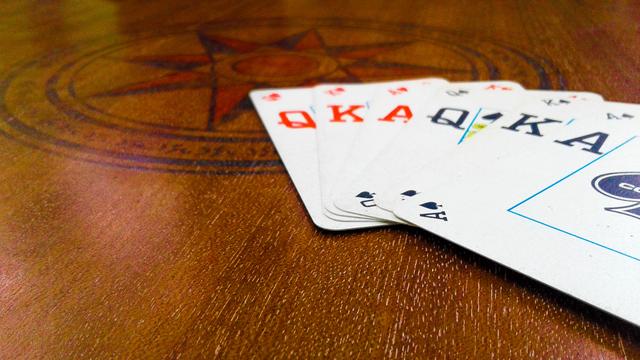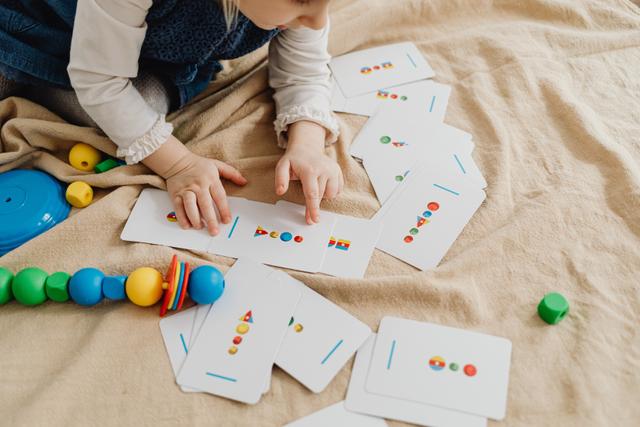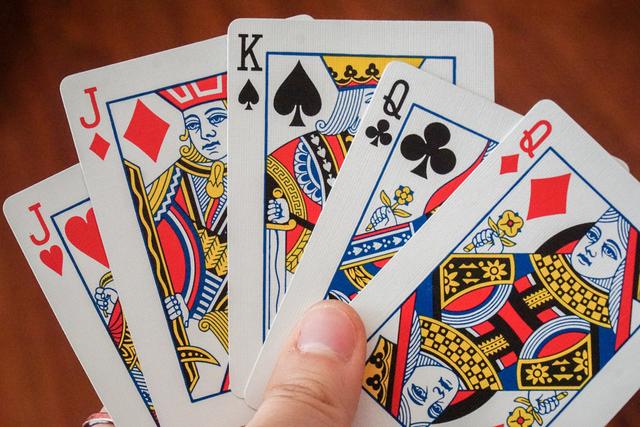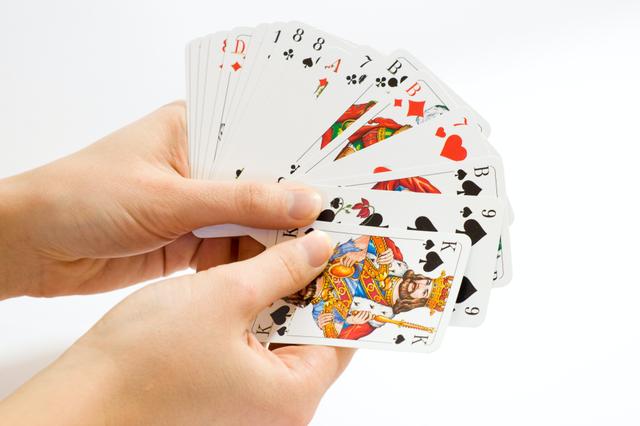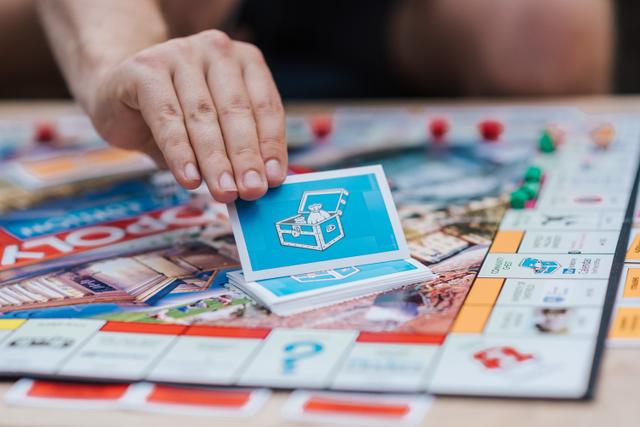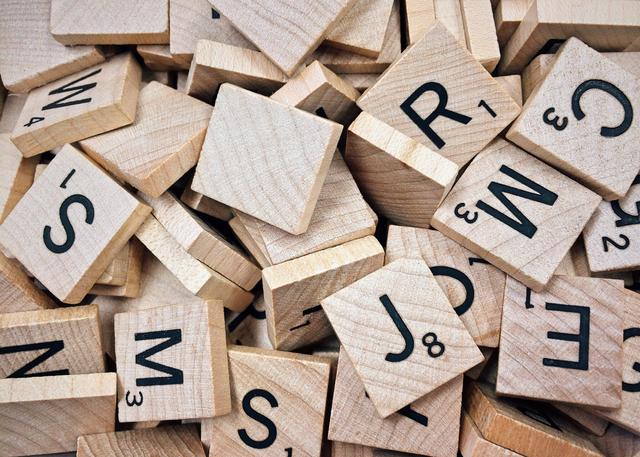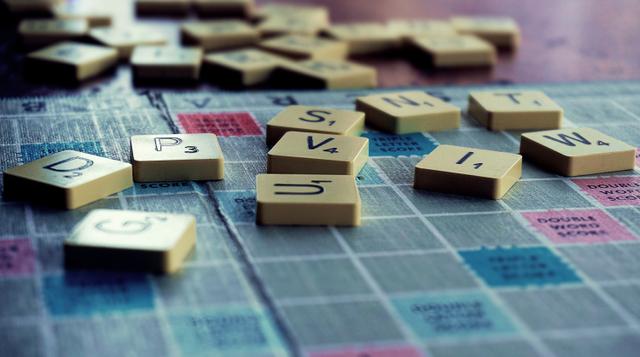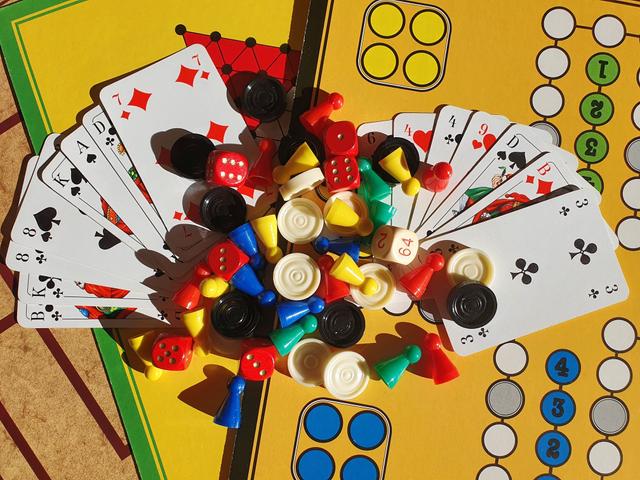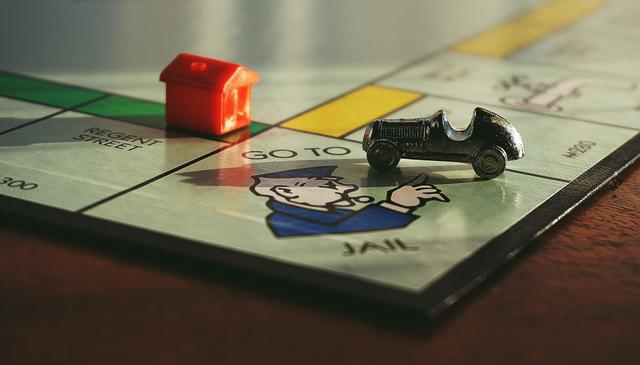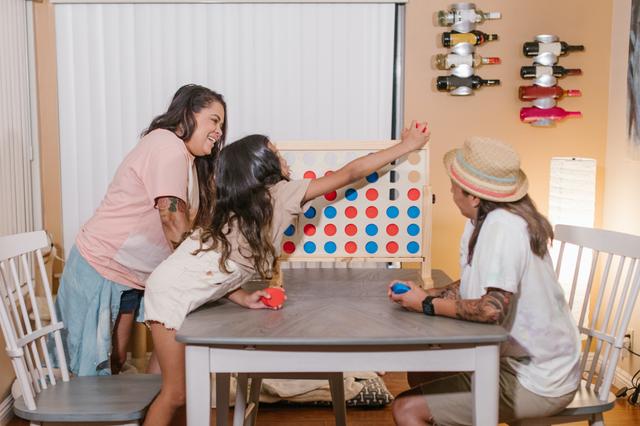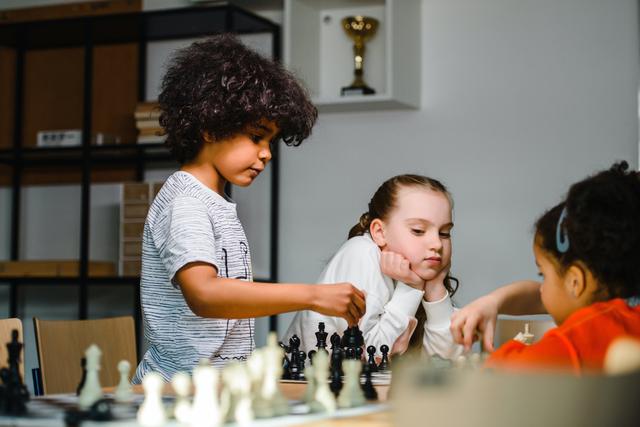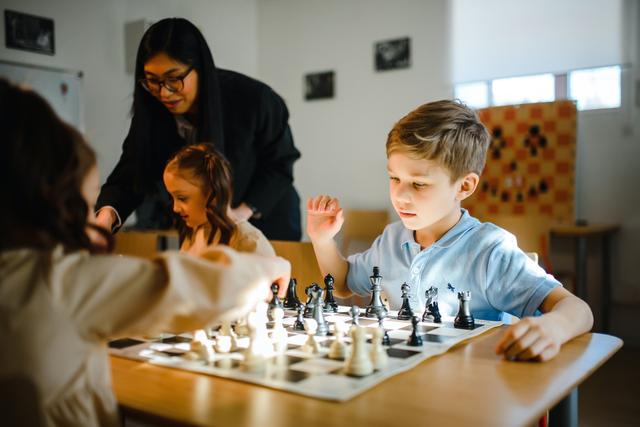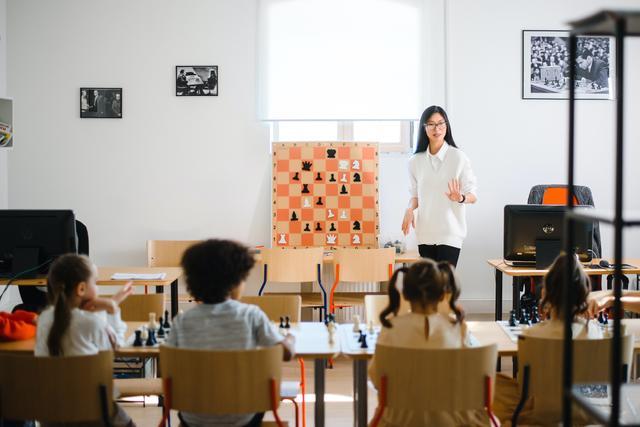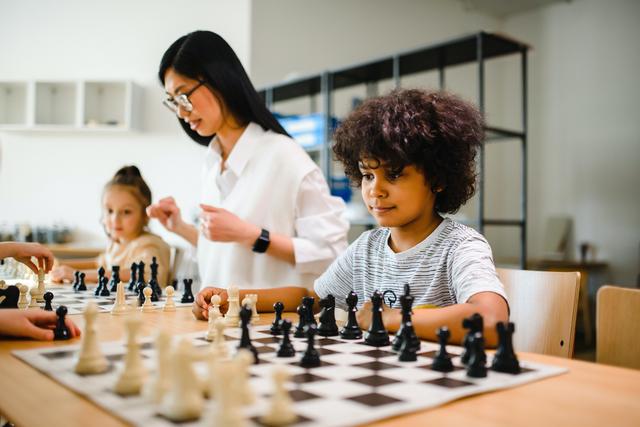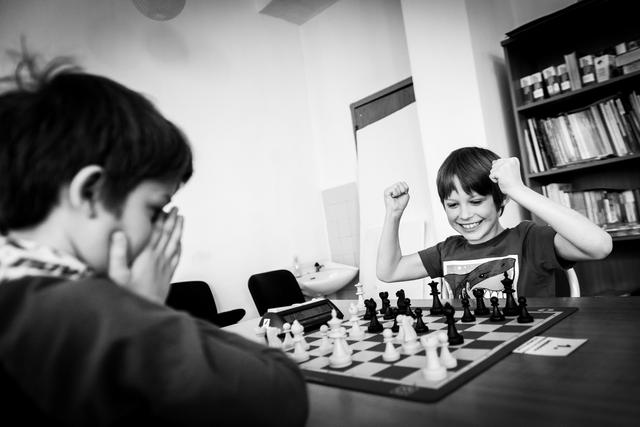Games Articles
Games For Kids In The UK
Games have long served as a cornerstone of childhood in the UK, providing endless hours of entertainment and a means for social interaction among children. Historical records reveal that games have been a pervasive part of British culture since ancient times, reflecting the rich and evolving nature of this leisure activity. Today, the variety of games available to children is vast, spanning digital platforms to physical board games and outdoor activities.
Even as technologies have advanced, many traditional games continue to resonate with today's youth. Classics such as hide and seek and tag remain firm favourites in playgrounds and parks across the country. Meanwhile, board games, which saw a resurgence in popularity during the Victorian era, particularly those like Monopoly and Scrabble, still captivate families during game nights, offering a blend of fun and learning opportunities.
The evolution of digital culture has also seen video games become a central component of recreational activity for children. They not only serve as a modern form of entertainment but also as a platform for interactive learning and creativity. This digital transition is accompanied by an array of video games designed for different age groups, ensuring that they cater to a diverse set of skills and preferences.
As games continue to evolve, they carry historical echoes of pastimes beloved by generations of British children, yet they adapt to fit the dynamic landscape of today's technology-driven world. Through these games, children in the UK experience both the joy of play and the bonds of community, making games an enduring and cherished part of their youthful years.
The Benefits of Games
Participating in games offers a spectrum of health benefits for children, making it a vital component of their daily activities. Physically, engaging in games compels children to be active, which not only aids in maintaining a healthy weight but also enhances cardiovascular health. The mere act of playing boosts their physical stamina and coordination, fostering a lifestyle that counters the growing concern of childhood obesity.
Beyond physical health, games play a crucial role in the development of social skills. As children interact with peers during play, they forge friendships, learn the intricacies of teamwork, and enhance their communication capabilities. This social interaction is invaluable as it lays the foundation for building emotional intelligence and resolving conflicts amicably.
Cognitively, games stimulate the mind. Educational games particularly are designed to sharpen problem-solving skills, promote critical thinking, and boost memory retention. Engaging in these activities challenges the mind, encouraging young learners to apply their minds in various scenarios, thereby fostering cognitive flexibility.
Lastly, the emotional well-being of children is significantly uplifted through games. Playing serves as a natural stress reliever, boosting children’s self-esteem and improving their focus and attention spans. This emotional support is crucial in their formative years, aiding in the overall development of a balanced individual.
FAQs
Q1: What types of games are traditionally played by kids in the UK?
A: Traditionally, UK kids have enjoyed a mix of board games such as Monopoly and Cluedo, outdoor games like hide and seek and tag, and card games such as snap. These games have been popular for generations and provide both fun and learning experiences.
Q2: How have games for kids evolved in the UK over the years?
A: Games for kids in the UK have evolved significantly from traditional physical and board games to include video games and digital apps. Advances in technology have introduced interactive and educational games, enhancing cognitive development and engagement.
Q3: What are the benefits of kids playing games in the UK?
A: Playing games offers multiple benefits, including physical activity which helps in maintaining a healthy weight, social skills development through peer interaction, cognitive development through strategic games, and emotional well-being by providing a way to relieve stress.
Q4: Can playing games help UK kids in their educational development?
A: Yes, especially educational games that are designed to enhance learning skills, such as problem-solving, critical thinking, and memory. Games like puzzles, trivia, and even some video games are designed to align with educational objectives.
Q5: What advice is there for parents in the UK to choose appropriate games for their children?
A: Parents should consider their child’s age, interests, and developmental needs. It's important to select games that are suitable for the child's age to ensure they are challenged but not frustrated. Additionally, balancing educational and purely recreational games is crucial for well-rounded development. Parents should also monitor their child’s interaction with video games, ensuring they remain a beneficial part of their lives without overtaking other important activities.
